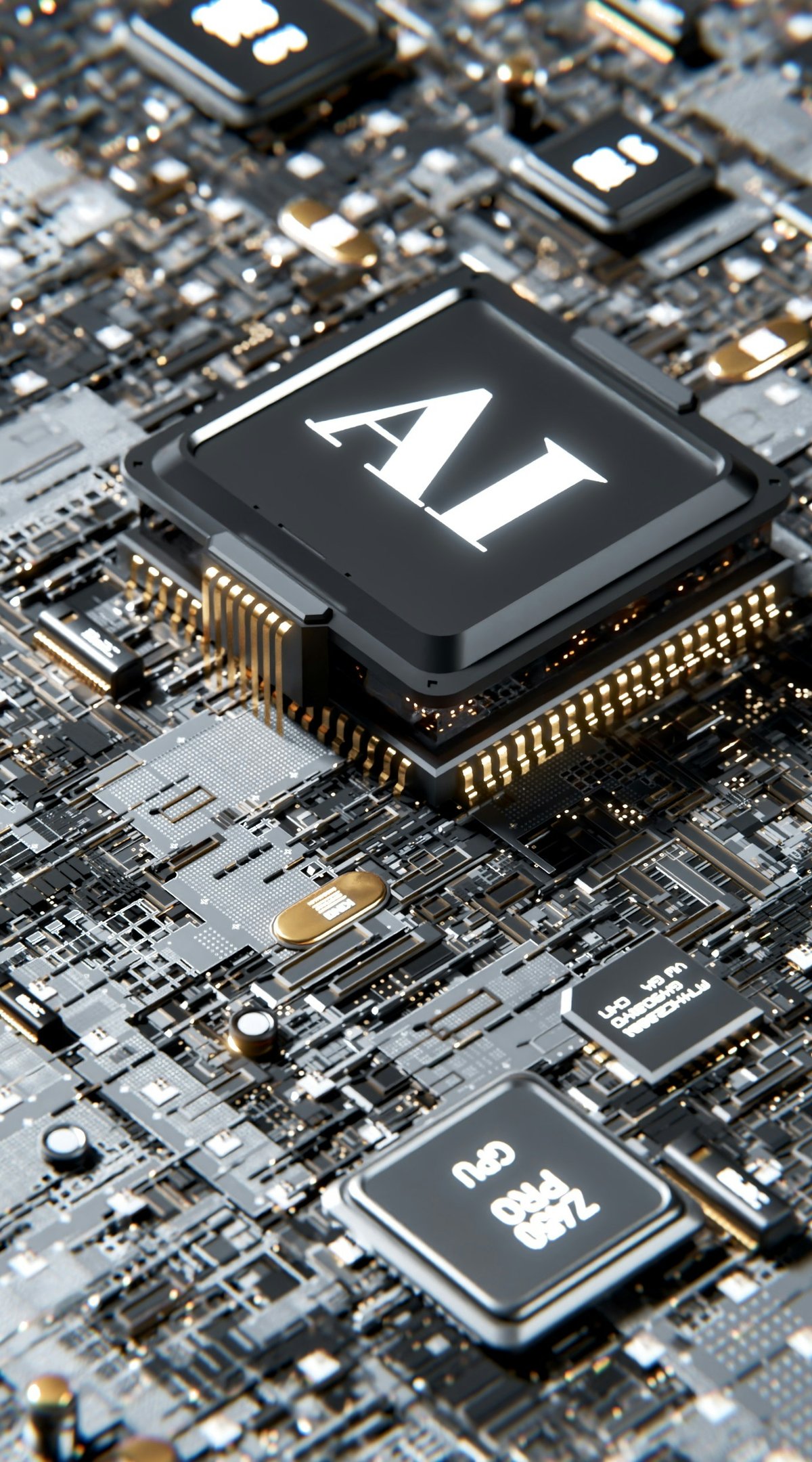Written by: Rafael Ataide*
The application of AI to business may seem commonplace today. After the ChatGPT boom, who wouldn’t want to take advantage of some AI features? At least some professionals and entrepreneurs have started trying.
This is great! The entire market needs to adapt to technology. The problem is that doing this without a strategy leads many companies to divide themselves into two paths: one where it is not possible to invest enough in changes that would be beneficial, and the other where it is possible but only when AI adoption does not transform the business.
In the first case, it is a matter of access. Small businesses cannot hire the same professionals or the same tools as large companies. Naturally, this is a challenge, especially in segments where technology makes a big difference in activities such as marketing. In these cases, entrepreneurs must carefully plan what can and cannot be done, even if it is only using free resources at first.
In this context, it is necessary to understand the limitations of the applications and adapt the processes accordingly. For example, if the free version of ChatGPT can help with a single task, there is no point in expecting employees to perform miracles to meet unrealistic expectations. Similarly, there is no reason to abandon the idea completely. Is it just a chore? Okay, but it is progress. It will not completely change the company, but it will help.
Which brings me to my second point. When AI is used, including paid and complex resources, it does not mean that the business is no longer an AI service. This is a mistake that can confuse both business planning and customers, and even investors. You can integrate technology into a product or your processes, but to be a technology company, it has to be the focus. In other words, with a dedicated team, research, development, and specialized infrastructure.
AI is still in a bubble to this day. On the one hand, those who do not have access to the greatest tools on the market under-use and understand other possibilities. On the other hand, some companies position themselves as innovators by simply using these resources, without realizing that this is not an automatic result of AI. This is innovation; what we do is adapt.
I believe that over time these differences will be resolved more easily. We are living in a transition period where technological evolution is faster than people can absorb. We need to observe the next steps in the Brazilian and global markets or create our own solutions. Yes, this is a real innovation.
In one way or another, AI needs to be considered and implemented in a way that makes sense for each situation. Waiting will only make things go away. The important thing is to understand what this change means for the company and to really start seeing AI in all its complexity and opportunities.
*With his experience in data science and artificial intelligence, Rafael Ataide has already managed e-commerce, CRM strategies and implemented machine learning algorithms in multinational companies. Today, he leads Adtail’s Data and Technology Center as Director, constantly driving innovations and processes to streamline daily operations and the customer.
Source: Tec Mundo
I am a passionate and hardworking journalist with an eye for detail. I specialize in the field of news reporting, and have been writing for Gadget Onus, a renowned online news site, since 2019. As the author of their Hot News section, I’m proud to be at the forefront of today’s headlines and current affairs.











